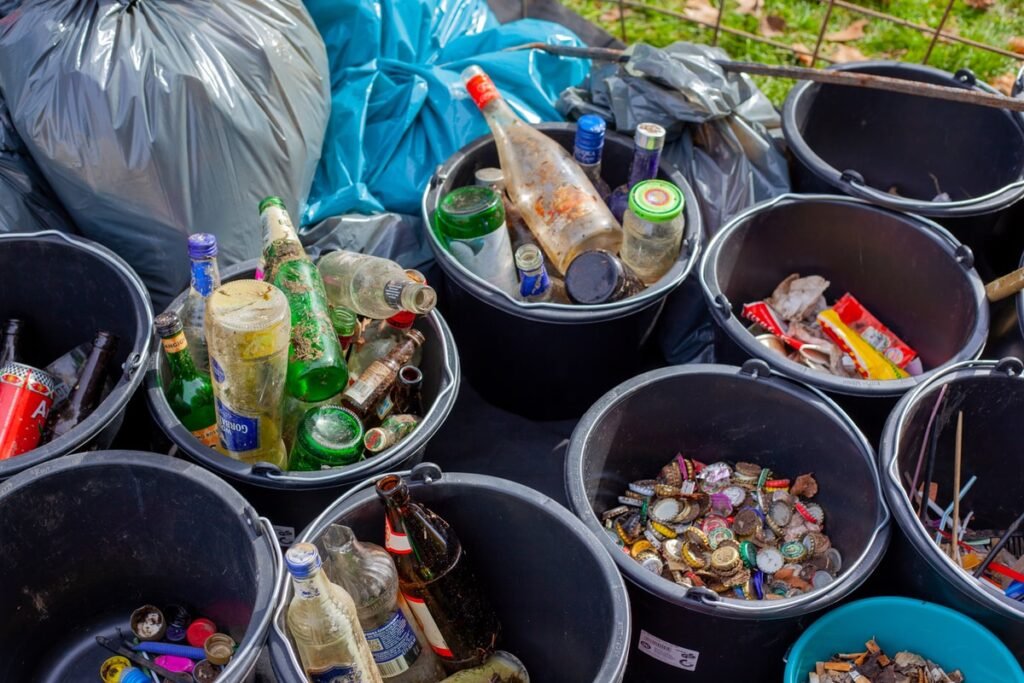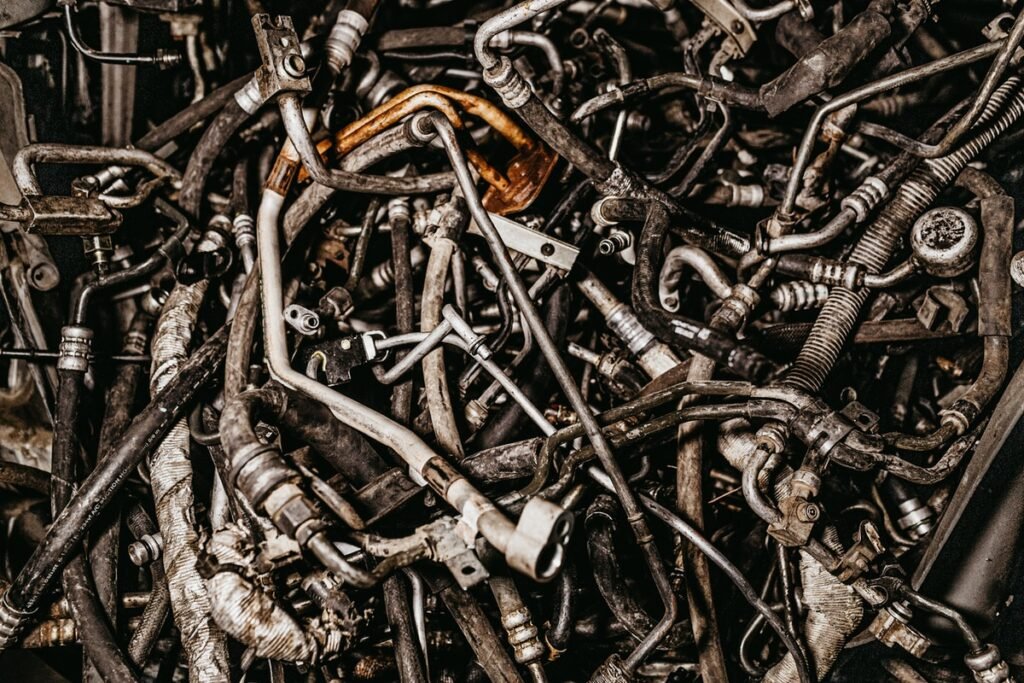By: Abdulmalik Adetola Lawal
In Nigeria, the society is facing a serious challenge for effective management of the increasing amount of produced municipal wastes; there are no sewage treatment plants. Hence, solid and liquid wastes are managed in a haphazard manner. There is a widespread but unbecoming practice of unhealthy disposal of wastes in major cities. An overwhelming number of residents in most of the cities litter roads with no civic concern. Although, industrialization is inevitable for the development of any nation, it leads to a demand in variety of goods for improving habitat and standard of living, greater production as well as greater consumption. This escalates production of waste in all forms, many of which will cause environmental pollution.
According to Nigerian waste management; Nigeria, generates more than 32 million tons of solid waste annually, out of which 20-30% is collected. Reckless disposal has led to blockage of sewers and drainage networks and choking of water bodies. Waste will remain part of our lives as long as we exist. While many produce more waste than others, everybody produces it every day as leftover food, cans, plastic bags or garbage. Efficient handling of waste is an important factor in the developmental progress of any nation and the health of its people. In lieu of this, there are countless of opportunities Nigerian government can exploit in its large, and growing waste market by creating an innovation to recycle products, which will lift thousands of Nigerians out of poverty. I shall enunciate some certain steps and how it can be a significant fillip.
Waste collection

The dormant or ineffective management of waste recycling plant in Nigeria has led to poor collation of wastes. Many individuals, households and businesses in Nigeria, especially urban environments, are linked to the generation of high volumes of domestic wastes. It is also apparent that these wastes are dumped on the streets, gutters, holes and nearby bushes. The government needs to develop and implement more waste collection strategies that depend on the characteristics of the collection zone; like door-to-door waste collection of recyclables e.g. paper, cardboard, cans, plastics and glass. The wastes can also be dumped at approved landfills or waste processing facilities.
Conversion of Plastic wastes

This is one of the most common forms of waste in Nigeria. Waste plastic such as plastic bottles, used plastic tins and containers and shopping bags can be melted and formed into an amazing range of new and reusable products. Plastic recycling is an opportunity to collect and dispose plastic waste in the most environmental friendly way and can be converted into a resource, and also, a method to prevent plastic wastes from entering our environment. We’ve seen many countries like Philippines, India and China, using the scientific method called “ depolymerization’’, which means—decomposition of wastes into smaller compounds. Therefore, it is possible to convert plastic wastes products into fuels. These products convert wastes into value added products. It will also give solutions to plastic waste problems, which will save Nigeria economy, by saving millions of dollars in export of crude oil, and also ease the transportation of bulky wastes.
Organic and Vegetable Waste Materials

Organic wastes are materials originating from living sources like plants, animals, and microorganisms that are biodegradable, and can be broken into simpler organic particles. Either in their processed form such as food waste from households and restaurants or unprocessed from as those generated from poor handling food material from the farm market. These wastes can be sold to interested individuals who use them as adjuncts for animal feeds in the farm. It is estimated that nearly a quarter of all household waste is organic, and can be composted. If composting of organic waste and recycling as manure is taken as consideration in Nigeria, it will provide employment and be a good source of revenue in terms of generating fertilizers for farming.
Glass Materials

Glass is found in municipal solid waste, primarily in the form of containers such as beer and soft drink bottles. Waste from glass materials are two types. Those generated from electrical appliances (e waste) such as electric bulbs and computer display screens have no economic value presently in the state; thereby ending up in various dumpsites, same is the case with various glass materials. If government can make collation of all these materials and sell them back to producers, who reuse them for the same purpose or sold in the retail market for small scale recycling enterprises, it will return economic values.
Metal Waste

This kind of waste is popularly referred to as “metal scraps”, gotten from condemned gadgets, equipment and properties with metal components. Presently, this is the most lucrative waste material in the country, for example; aluminum cans, used copper wires and used sheets can be melted to produce new metal products. Venturing in steel/metal recycling will give the government the opportunity, to sell it back to steel industries as a recycled material or adjunct raw materials for new product formulation.
Paraphrasing Tunde Bakare, an entrepreneur in solid waste management, he said; the government at the federal level as a matter of urgency needs to revive its regulatory framework that will be attractive for private sectors to invest in waste collection, recycling and reusing.
The government should review the waste management, suggests ways for innovative improvements like application and selection of suitable technologies and management programs to achieve reusable/recycling waste products, which will be a significant step, towards lifting the citizens out of poverty.
In conclusion, the government needs to improve the waste system collection by strict monitoring of the prior established waste management agencies in Nigeria. This will scale up an innovative change in eliminating zero profit on waste, and it will open source of investment for thousands of Nigerian entrepreneur who are interested in waste recycling. If this is put into consideration, it will be a great alternative and innovative turnaround for Nigeria’s economy.

